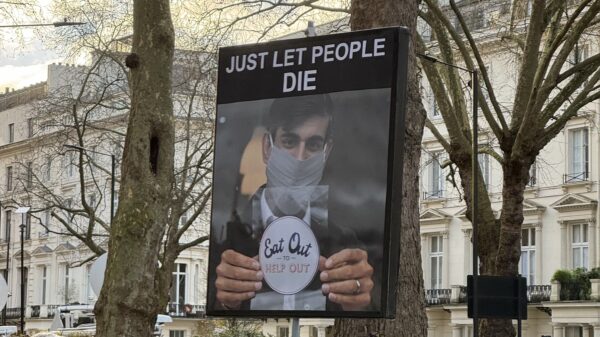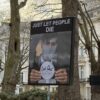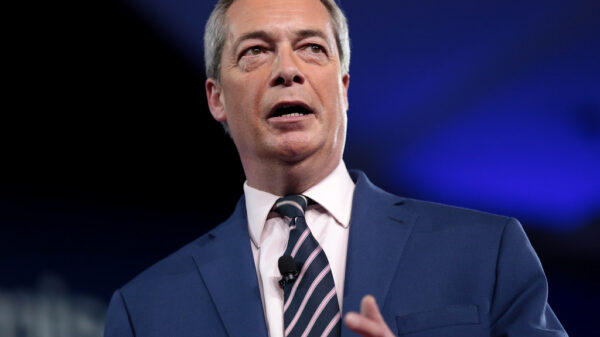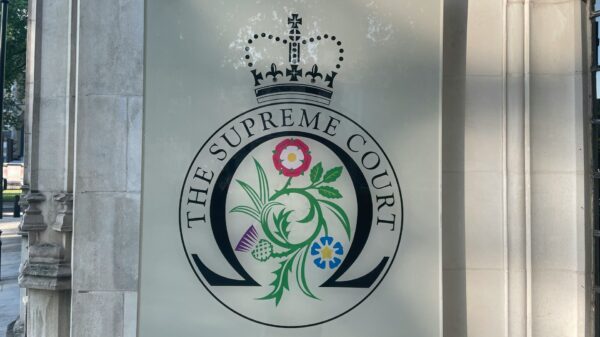Staff writer Daisy Eastlake examines the latest of the many Brexit deals, the Windsor Framework.
Since 2016, it’s been pretty hard for anyone in the UK to avoid discussing Brexit. Failed policy after rejected bill after embarrassing blunder, it’s pretty safe to say that both sides have not gotten the Brexit outcome they voted on. And for voters in Northern Ireland, Brexit remains a strong reminder of the sectarianism this tiny chunk of the world is so famous for.
Northern Ireland is politically complicated. With the 30 year period of the Troubles only ending with the Good Friday Agreement in 1998, the scars of sectarian conflict are still deep and divisive in many Northern Irish communities. Schools are often separated for Catholics and Protestants, and political parties are often decided not on merit but rather on religious affiliation. To a reader not familiar with the intricacies of the Northern Irish relationship with religion, this level of separation may seem bewildering, or like something out of a history book. For many, however, it is real life, and holds real weight over political decision-making (or lack thereof) in Stormont.
If at first you don’t succeed…
With any Brexit Withdrawal Agreement had to come a resolution for Northern Ireland. The issues are most prominent surrounding two integral EU structures; freedom of trade and freedom of travel. Both are intended within the EU to be frictionless but the departure of the UK from the EU raises a key concern – the nature of border between Northern Ireland and it’s neighbours, the Republic of Ireland and the Island of Great Britain.
Beginning with freedom of travel, typically, the resolution for this would include a border between the Republic of Ireland and Northern Ireland, entailing passport checks and customs services at the border. To politicians within the EU, instigating a ‘hard border’ would be necessary for “protecting the integrity of the single market”. But for relations between Northern Ireland and the Republic – specifically for the nationalist community, who identify as culturally Irish – this kind of resolution would be catastrophic. Mistakes surrounding the border could lead to a return in “almost a paramilitary style of policing”, identified the Chief Constable of the Police Service of Northern Ireland (PSNI). Hastily, the UK and Ireland signed a ‘Memorandum of Understanding’ to preserve the prior Common Travel Area which enabled seamless freedom of movement between the two countries. And I’ve used the CTA; it is seamless.
The issues with freedom of trade are similar, but have manifested differently. Four consecutive British Prime Ministers, since the resignation of David Cameron the day after the Brexit referendum in 2016, have attempted to resolve Brexit’s Northern Irish issue, and all so far have attempted to implement some form of border in the Irish Sea. Theresa May’s ‘Irish Backstop’ detailed that goods from Great Britain would be checked and controlled as they arrived in Northern Ireland; an incredibly unpopular agreement with her then-coalition partners, the Democratic Unionist Party (DUP). Boris Johnson promised to remove the backstop, proposing an “all-island regulatory zone” which would allow Northern Ireland to remain in certain sections of the EU single market – this policy was instead unpopular with the Irish government and the EU, who quite ironically seemed to insist that Brexit meant Brexit. He later agreed to the Northern Ireland Protocol, which surprisingly made it through Stormont without a DUP veto. In her short stint as Prime Minister, Liz Truss didn’t get much of a chance to touch the Northern Ireland Protocol Bill she had worked on after Johnson as Foreign Secretary; mostly because she was just too busy crashing the pound. Lastly, Rishi Sunak has kept a trade border, but it is the weakest yet, as he aims to remove “any sense of a border in the Irish Sea” – ‘sense’ being the important political buzzword in that claim.
… try, try, try again
‘The Windsor Framework’ is the newest chapter in the ever-growing Brexit negotiation book. Instead of one border, there are now seemingly two half-borders involved in trade; a green lane and a red lane, with the green lane filtering goods destined for Northern Ireland and the red lane filtering goods set for the Republic. In addition to this, Sunak has included ‘the Stormont brake’ as an attempted resolution for the political obstacles facing the Northern Ireland assembly. This brake would allow Stormont to object to new EU rules – except explicitly for “trivial reasons”. Sunak announced that the agreement defined Northern Ireland as “the world’s most exciting economic zone.” It’s presence in both the UK and EU markets gives it an interesting USP. For Unionists, the Windsor Framework might be the best a Brexit deal can get – but it still reflects a certain loss of UK sovereignty. Remain voices on the internet have identified one pretty glaring hole in Sunak’s policy: is the value of the single market not an indication that Northern Ireland would have been better off if the UK had never left the EU in the first place?
The issues raised by Brexit in Northern Ireland are still far from ending. This government’s ‘Windsor Framework’ is still one of the most solid deals being offered as a resolution to the concerns in Northern Ireland. In spite of this, debates over the deal’s longevity continue; the issues facing the country are not settled just yet.


















